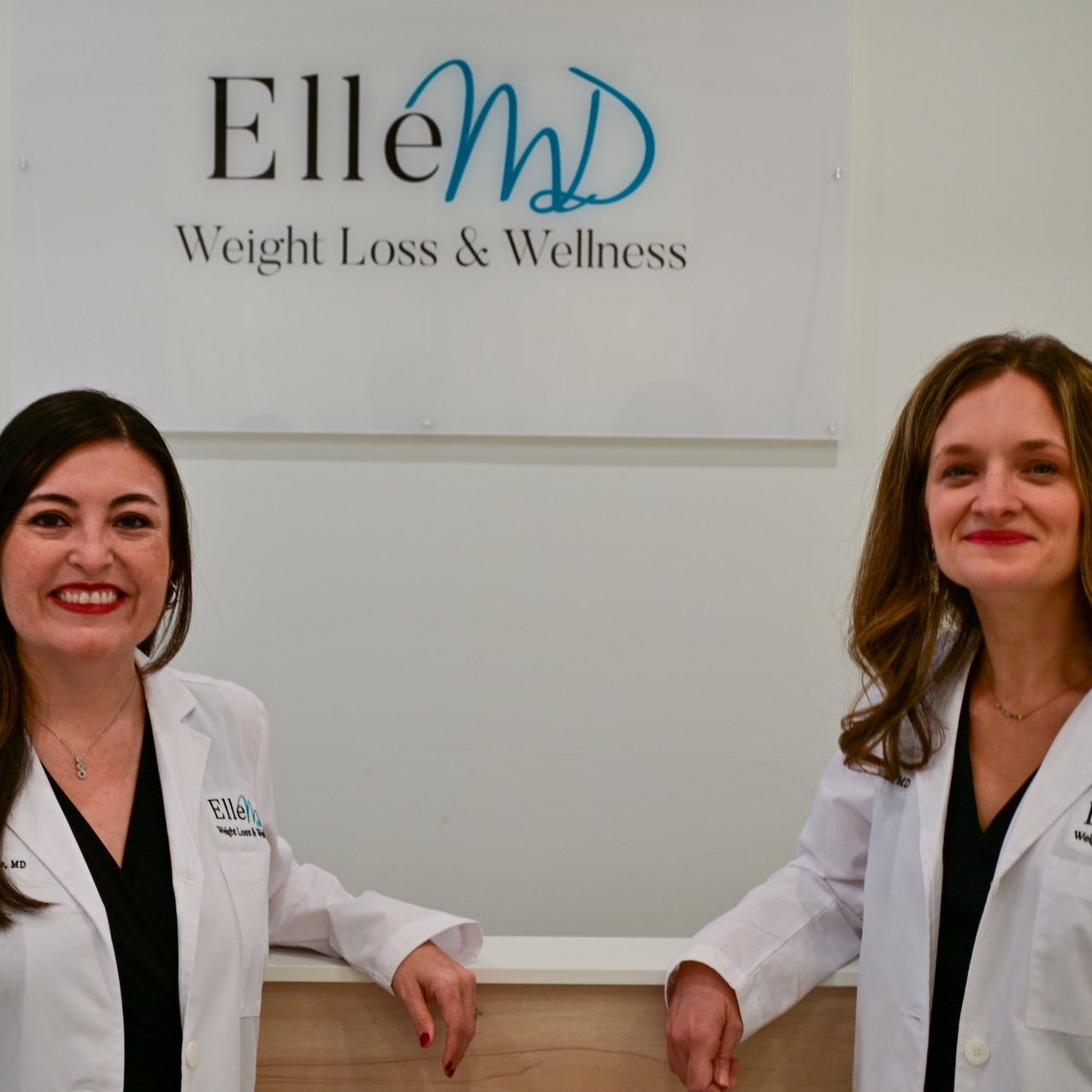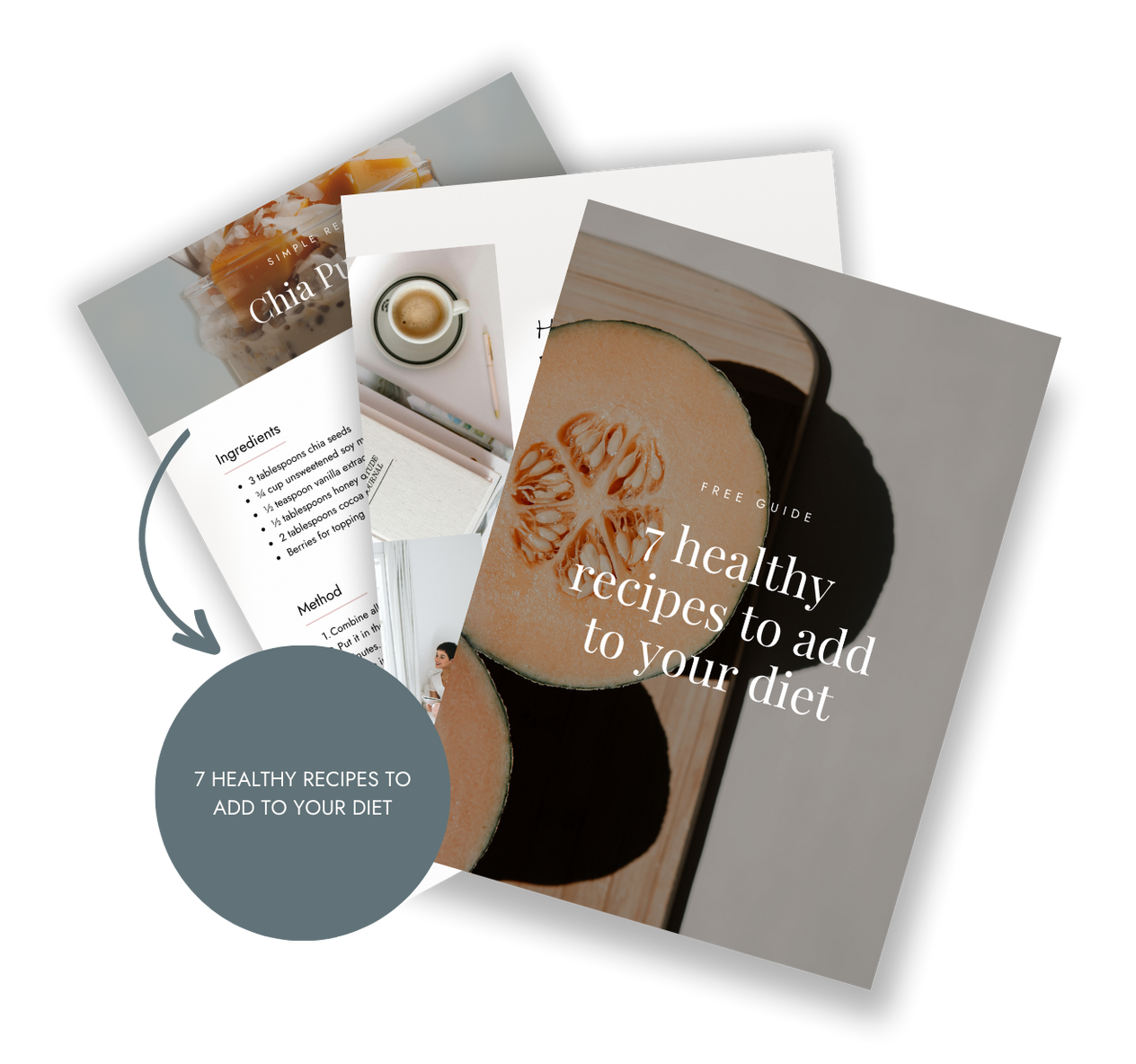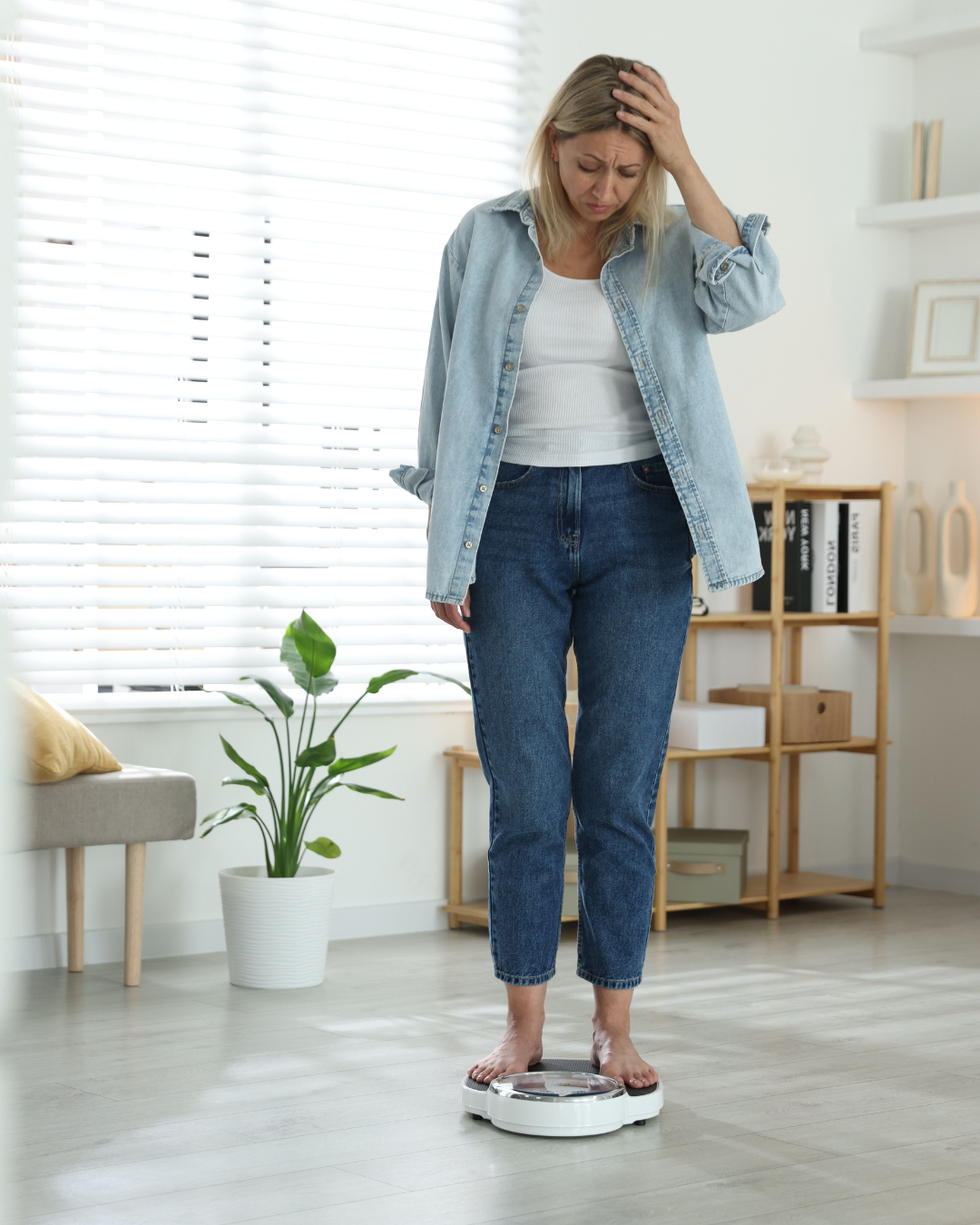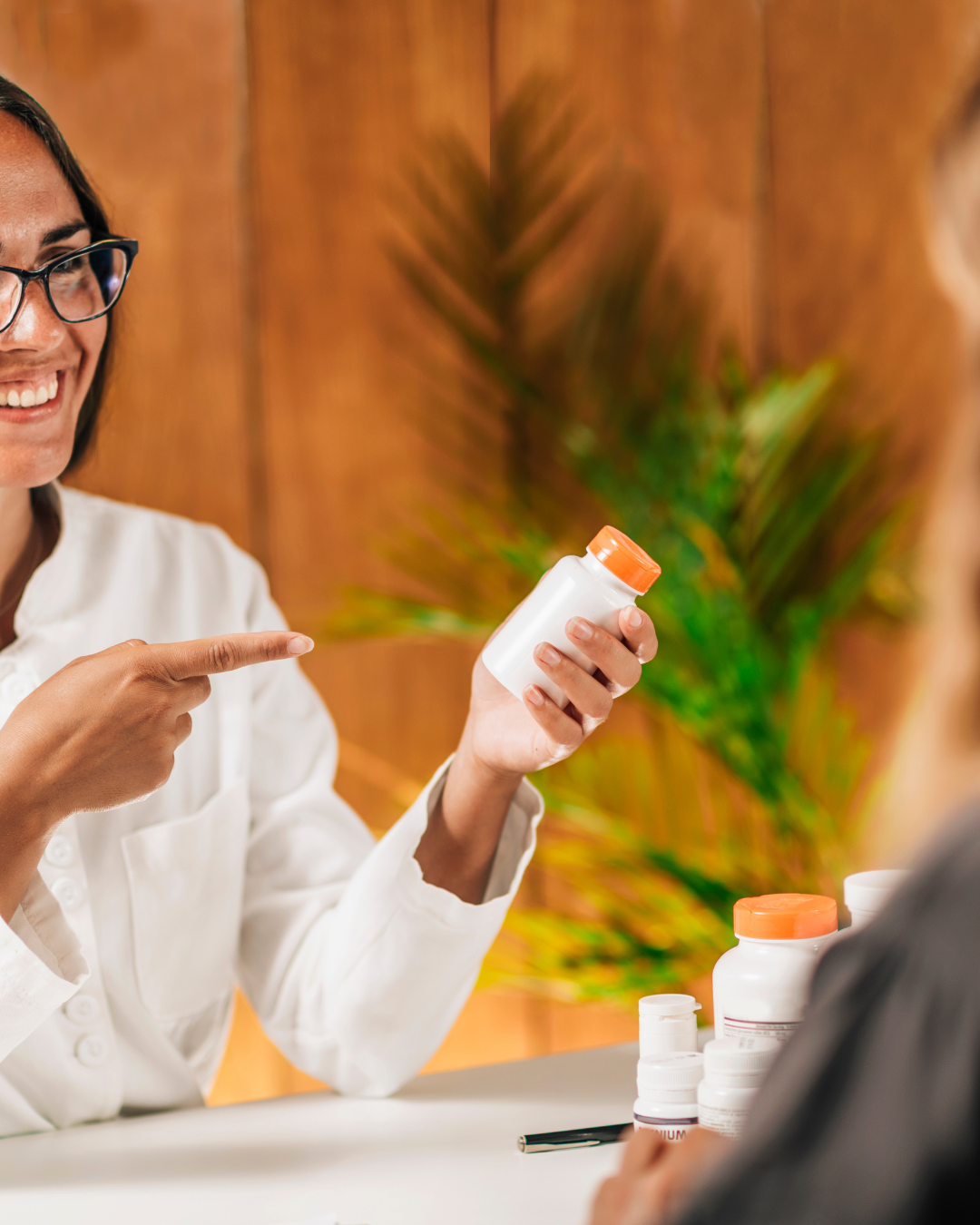5 Easy Ways to Avoid Endocrine Disrupting Chemicals
Learn about five simple ways to avoid endocrine disrupting chemicals and keep your hormones in balance.
Chances are you’ve heard that eating out of styrofoam or plastic containers may not be the best for your health, but did you ever wonder why? Plastics, in addition to other commonly used items such as detergents, cosmetics and canned foods often contain chemicals that mimic the natural messengers in the body and can knock your hormones out of whack.
These substances are called endocrine disrupting chemicals (EDC) and unfortunately, they are everywhere. EDCs can disrupt the balance of naturally occurring hormones in the body such as estrogen and testosterone and may be contributing to the recent rise in infertility. Many of these chemicals have also been linked to the development of obesity. In fact, EDCs have been shown to activate hormonal pathways that increase the production of fat cells, encourage fat storage, and alter the composition of the gut microbiome to favor weight gain.
While it is not possible to avoid all potentially harmful chemicals there are some easy ways in which you can meaningfully reduce your exposure.
1. Avoid plastic containers
Plastic water bottles and food storage containers may contain endocrine disrupting chemicals including bisphenol-A and flexible vinyl. Instead of storing leftovers in disposable plastic containers, opt for glass instead. As a bonus, you will be able to easily see into the glass container when rummaging through the fridge. Avoid plastic sandwich bags and switch to reusable glass or metal containers instead. Swap plastic water bottles for a reusable metal or glass variety. This is not only good for you, but also good for the environment. A win win!
2. Skip the canned food aisle
Canned foods are often lined with bisphenol-A (BPA) to protect them from corroding over time. Even cans that are labeled BPA free are lined with a chemical which may have similar effects. While buying fresh foods or dried bulk foods is best, if you want to have some quick dinner options on the shelf, choose ready to eat items that are packaged in glass containers whenever possible.
3. Protect your skin
Many personal care and beauty products contain endocrine-disrupting chemicals such as phthalates, parabens, phenols and toxic metals. These chemicals are able to penetrate the skin and enter the bloodstream. A great way to know if the personal care products you are buying are safe is to use the Healthy Living app that is produced by the Environmental Working Group. This app allows you to search products by name or scan the barcode to get a rating of low, moderate or high hazard, allowing you to easily select products with the lowest likelihood of harm.
4. Opt for an e-receipt
Receipts are usually printed on thermal paper coated with either Bisphenol-A or the similar “BPA free” chemical Bisphenol-S (BPS). BPA from receipts can be absorbed through the skin and potentially cause harm. Many vendors offer a text or email receipt option which can be an easy and organized way to avoid EDC exposure.
5. Clean with care
Like cosmetics and personal care products, cleaning supplies often contain endocrine disrupting chemicals. Opt for dusting with a damp cloth instead of using a chemical product or make your own cleaning solution using household vinegar. If you do decide to buy something from the store, the Healthy Living App can help you identify the safest products for your home.
*AI Disclosure:
This content may contain sections generated with AI with the purpose of providing you with condensed helpful and relevant content, however all personal opinions are 100% human made as well as the blog post structure, outline and key takeaways.
* Affiliate Disclosure: Some of the links on www.elle-md.com may contain affiliate links meaning that we will get a commission for recommending products at no extra cost to you.
*Blog Disclaimer: Please note that reading our blog does not replace any health or medical advice consultation. Read our blog disclaimer here.

Meet the Drs.
Dr. Hendriks and Dr. Castillo MacKenzie are board-certified physicians, female, specialized, with over 10 years of experience.
Elle MD started after practicing in a traditional primary care setting together for over a decade. We grew frustrated with the current healthcare model, which places no emphasis on addressing the root cause of chronic disease. A lot of times, conventional care doesn’t even promote overall wellness!
We founded Elle MD in Royal Oak, MI, with a vision of providing this care in a compassionate and personalized way.
Download your free guide













